Nick Benton
I’m Nick Benton, an end-user computing specialist with over a decade of experience in consulting, architecture, design, and implementation of modern device management, and enterprise mobility solutions. I currently have the role of Principal Cloud Endpoint Consultant at Phoenix Software Ltd who were the Global Microsoft Partner of the Year for Modern Endpoint Management 2023, where my main focus is assisting customers in their road to a modern workplace cloud first approach, using Microsoft Intune, with a focus on migration, security and zero touch deployments.
I use this website as a platform to share content with the community, based on solutions I find, to problems encountered in real world scenarios.
Risk Based Windows 11 Feature Update Deployment - Device Attributes
Intune
Windows 10 and later
Software Updates
Feature Updates
Dynamic Groups
PowerShell
Graph API
Automation
Having looked into capturing the Feature Update Readiness data for Windows 11 23H2 for our Windows devices, we can now use this risk based data to tag them with their associated risk, grouping them together to allow for sensible Feature Update profile assignment.
Software Update Deployment Rings for Managed macOS Devices
Intune
macOS
Software Updates
Dynamic Groups
Security
National Cyber Security Centre (NCSC)
So you’ve pulled the trigger on managing macOS devices in Microsoft Intune, and with this year being the year of macOS for Microsoft (this seems like an oxymoron), you should probably look at how to handle software updates.
Risk Based Windows 11 Feature Update Deployment - Reporting
Intune
Windows 10 and later
Software Updates
Feature Updates
Dynamic Groups
PowerShell
Graph API
Automation
With Windows 10 support coming to an end sooner than you’d expect, in the first part of this series we look at ways to capture Feature Update Readiness Report data using PowerShell and Graph to help with the rollout of the new Windows 11 operating system.
Remediating BitLocker DMA Exception Errors with Microsoft Intune
Intune
Windows 10 and later
BitLocker
PowerShell
Security
Direct Memory Access
So you’ve configured BitLocker encryption in Microsoft Intune, but some of your devices are failing to encrypt complaining about a DMA exception issue as part of Automatic Encryption. How can we fix that without creating a gaping security hole?
Creating Reusable Groups of Firewall Settings for Microsoft Online Services
Intune
Windows 10 and later
Security
PowerShell
Graph API
Settings Catalog
Firewall
Automation
Endpoint Security
It’s time to remove another manual process, this time the creation of Microsoft 365 network endpoints for Windows Firewall Rules in Microsoft Intune, because nobody should be creating these manually.
A Flexible Approach to Microsoft Update Deployments
Intune
Windows 10 and later
Software Updates
Dynamic Groups
Security
National Cyber Security Centre (NCSC)
It’s been a while since we’ve looked at deploying Microsoft and Windows Updates using Microsoft Intune, this time we look at different ways to phase our deployments across a device estate.
Custom Backgrounds for macOS New and Classic Microsoft Teams Apps
Intune
macOS
Microsoft Teams
Apps
Shell Script
With the availability of the new Microsoft Teams client for macOS, we should build upon an existing script to deploy backgrounds, and update it to support not just the new version but the classic version as well.
Keeping Windows Store Apps Updated with Microsoft Intune
Intune
Windows 10 and later
Software Updates
Remediation Scripts
Apps
PowerShell
Windows Autopilot
Security
Now we all love the new Windows Store, especially for deploying applications from Microsoft Intune, but we should find a way to keep these UWP applications up to date without additional license cost.
Automatically Resizing the WinRE Partition for Windows Update KB5034441
Intune
Windows 10 and later
Software Updates
PowerShell
Remediation Scripts
BitLocker
Endpoint Security
Security
When Microsoft releases an update that won’t install due to the size of a Recovery partition, what do you do? Follow the manual steps provided by Microsoft or blindly follow a script created by a stranger on the internet?
